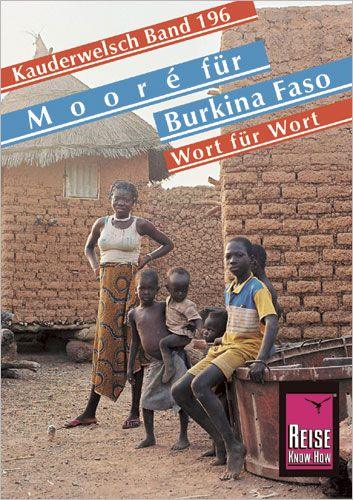Current Situation in Burkina Faso: Challenges and Resilience

Introduction
Burkina Faso, a landlocked country in West Africa, has been facing significant challenges in recent years, particularly due to escalating violence and political instability. The importance of understanding the current situation in Burkina Faso lies not only in its immediate impacts on its citizens but also in its broader implications for regional security and humanitarian efforts in the Sahel region.
Recent Developments
In 2023, Burkina Faso has experienced a surge in armed attacks attributed to Islamist militant groups, exacerbating the humanitarian crisis. Over two million people have been internally displaced due to ongoing violence. In February 2023, the military government declared a state of emergency in several provinces following a series of coordinated attacks, leading to increased military operations against insurgents.
Alongside security issues, the country is grappling with food insecurity, affecting nearly 3.5 million residents, according to the World Food Programme. This situation has been aggravated by agricultural challenges and disruptions caused by the conflict. The government, with support from international partners, has been working to implement food assistance programmes and improve agricultural productivity, but the ongoing security crisis complicates these efforts.
Human Rights and Governance Issues
The political landscape in Burkina Faso has shifted dramatically since the coup in January 2022 that ousted President Roch Marc Christian Kaboré. The current military regime has faced criticism over human rights violations and the suppression of dissenting voices. Reports indicate that civil liberties remain limited, and control over media outlets has tightened, complicating the path towards restoring democratic governance.
International Response
International response to the situation has been mixed. While some nations have offered humanitarian aid and military support to help combat terrorism and restore stability, others have expressed concern over governance issues arising from military rule. The African Union has called for a return to constitutional order and respect for human rights, signifying the need for a balanced approach that addresses both security and governance.
Conclusion
The situation in Burkina Faso is precarious, with an urgent need for a multifaceted response that addresses both immediate humanitarian needs and long-term governance challenges. As the country continues to face the dual threats of violence and food insecurity, the resilience of its people remains crucial. It is imperative for the international community to support efforts that not only aim to restore security but also promote human rights and inclusive governance. The future of Burkina Faso rests on a delicate balance of addressing current crises while fostering a sustainable path forward.
